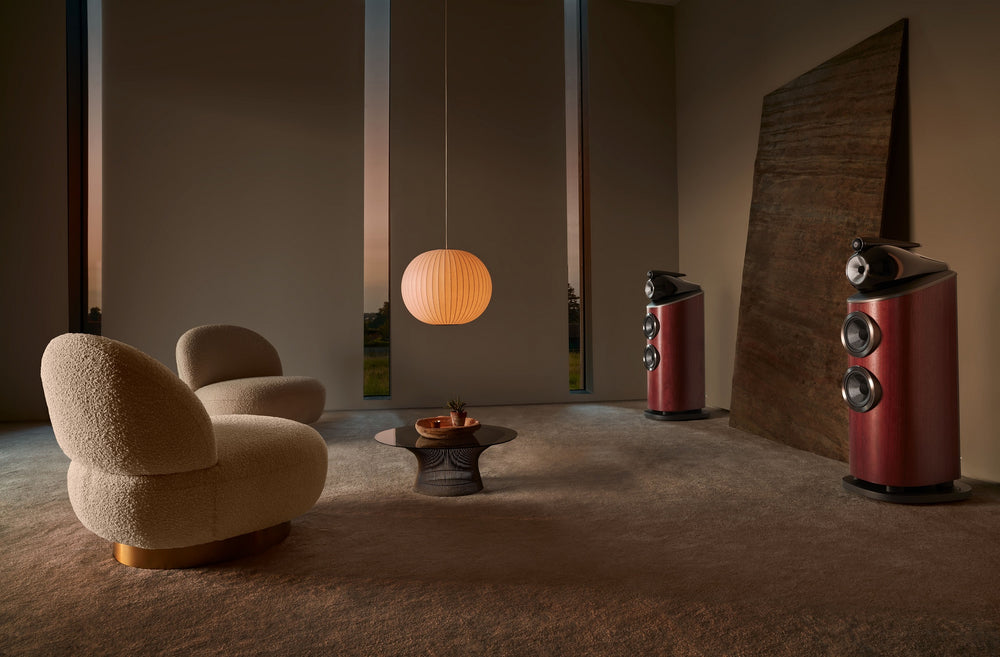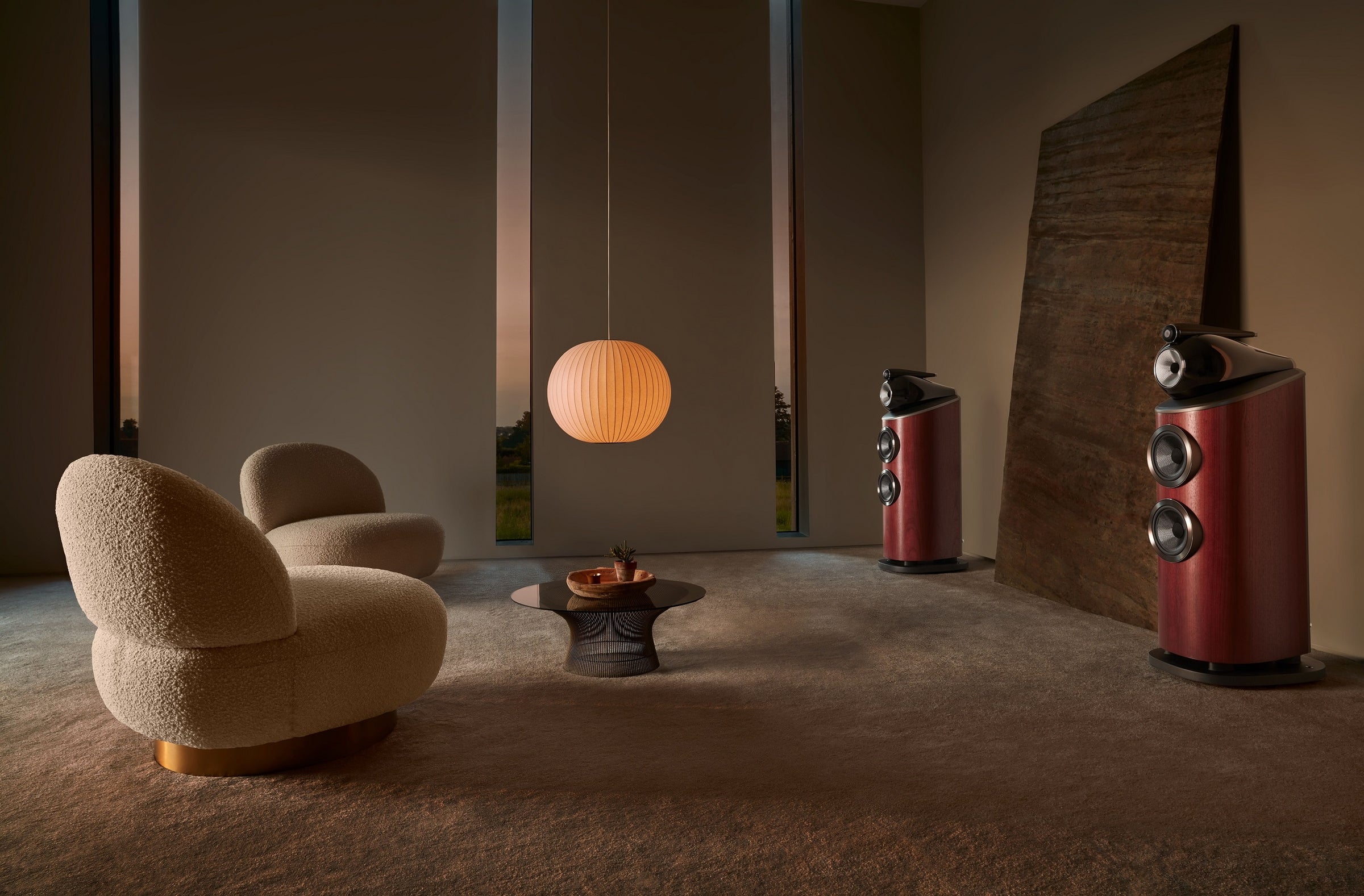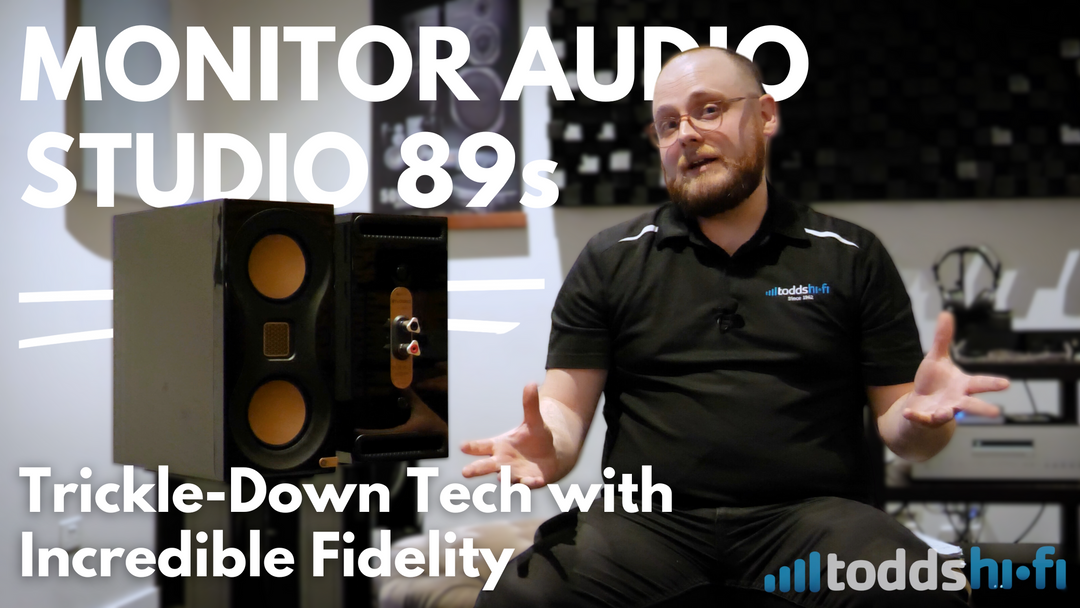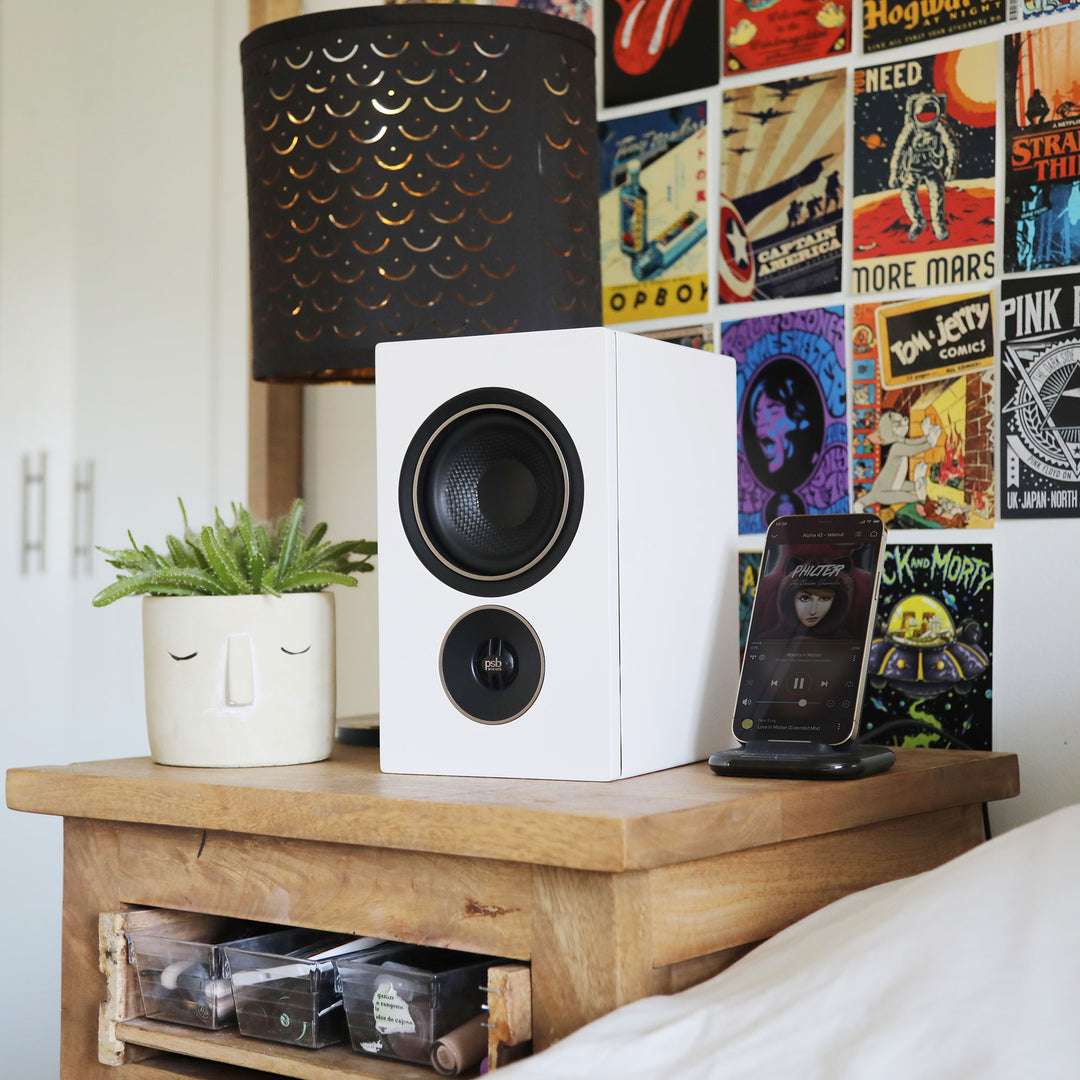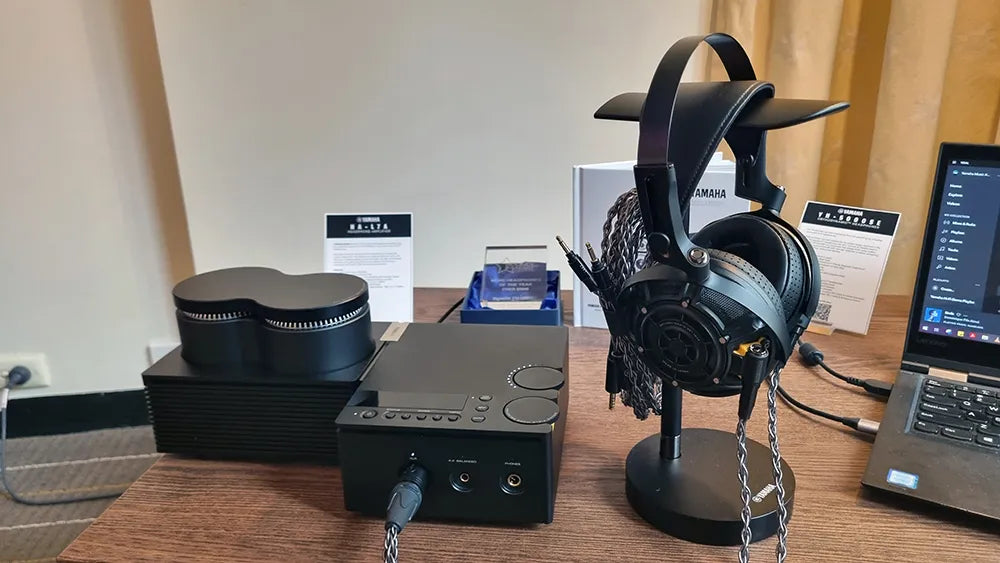Wired vs Wireless Stereos: Which is Right for You?
A high-quality stereo system is a must-have for all music lovers. However, choosing the right type of stereo system can be a daunting task, especially with the myriad of options available in the audio equipment market. Two popular choices are wired and wireless stereo systems. In this article, we will explore the difference between the two, their features, and the pros and cons of each to help you make an informed decision.
What is the Difference Between Wireless Speakers and Wired Stereo Systems?
A wired stereo system is a traditional audio setup in which the speaker is connected to the audio source using wires that go from the amplifier to the speakers and possibly other cables. On the other hand, a wireless speaker connects to the audio source through wireless technology such as Bluetooth or Wi-Fi.
The Key Features of Wireless and Wired Stereo Systems
Wired Stereo Systems
A wired system will physically connect to the audio source and operate from a central control and typically has the following qualities:- Wired speakers use a central control to determine the level of the audio, bass, and treble and where the source is coming from.
- Wired speakers can be connected via a smart device, like your smartphone.
- While they can be connected by a smart device, wired speakers do not need a network connection to function.
Wireless Stereo Systems
A wireless stereo system collects the data from the audio source via wireless technology, which can be one of the following:
- Bluetooth. This allows you to pair two devices, like your tablet or phone, over a short distance, usually up to 10 metres apart or a little bit more.
- Wi-Fi. This is the same connection to connect your devices to the internet. Unlike Bluetooth, there is no limit to the proximity the source needs to be to your speaker, but both need to be connected to the same network.
- NFC. Short for near-field communication, this is another type of Bluetooth connectivity, but with the notable difference that you don't have to find the speaker in the Bluetooth menu on your device. You just touch the device or smartphone against the NFC symbol on the speaker, and it will connect automatically.
Pros and Cons of Wired Stereos
Pros
- Cheaper to purchase. Wired devices are considered more traditional, which means that you can get them for a bargain, as they are incorrectly classed as inferior.
- Better quality sound. A wired connection guarantees a better flow of sound in comparison to wireless systems, where there can be compression, resulting in losing some of the data hitting the audio output. Wired stereos give you powerful sound, and richer quality, which you can appreciate when listening to audio with more subtle tones, such as detail-rich albums like Dark Side of the Moon that takes the listener on an audio journey.
- Customisable. The great thing about wired stereo systems is that you can choose each component on its own merit to create a home studio setup that meets your exact needs. This is a perfect option for audio enthusiasts that are particular about the quality and craftsmanship of specific stereo systems.
Cons
- The potential for mess. From a purely practical perspective, a wired setup can seem quite messy. If you are looking to create your perfect wired sound system, you have to consider if there is a chance of tripping over wires or damaging them.
- Not always suitable in small environments. A wired stereo system is only for complete audio enthusiasts that have the space to set up their ideal sound systems. Exposed cables can be tripped over, and in homes with young children or pets, this can cause a lot more damage.
- May require more maintenance. If you need to minimise mishaps like tripping, you will have to run wires through walls, which can prove problematic as there's a lot more to consider when you compare it to wireless technology.
Pros and Cons of Wireless Stereos
Pros
- Convenience. A wireless sound system is easier to place wherever you want. As they do not have cables, a wireless speaker can go in the ideal position that promotes the listening experience, with an almost endless choice of locations in your home or car.
- Less mess. Cables can make a room look untidy, but wireless setups have a sleeker design, which makes any room look more aesthetically pleasing in comparison.
- Easy to use. A wired stereo, typically uses a physical remote control, but wireless sound systems can let you handle everything from your phone. This makes everything much simpler, especially if there are a number of devices in different rooms.
Cons
- The cost. One of the major downsides is the cost of each component. As a wired sound system is cheaper to purchase and operate, the more wireless components you purchase for every room, the more expensive it can get.
- Occasional signal problems. Wireless connections can sometimes cause the signal to cut out, which can be frustrating for the listener experience. For example, if you are streaming a podcast where every word counts, having to hit rewind numerous times can prove very frustrating.
- Sound performance issues. Wireless data transfer requires some form of compression, which results in lower-rate sound, so you may not pick up the small details of your favourite music.
- Limited signal range. As the signal range typically spans a few metres, this causes bigger issues in a larger home, so you may need to set up more speakers in different rooms around the house to improve your experience.
- Incompatibility. In comparison to a wired stereo, where you can mix and match different brands of speakers, cables, and sound systems, when you are trying to connect a whole home audio system wirelessly, you usually have to purchase components from the same brand.
Which is Right for You?
To answer this question properly will depend on your needs. If you are looking for an easy setup and money is not an issue, wireless will be your best option. However, if you are focused on the listener experience and are determined to create a custom layout with the best speakers, a wired sound system is the better solution. There are benefits and drawbacks to both, and choosing the right one will depend on your goals, but each one can greatly improve your listening experience.
Is Wired or Wireless Better for Music?
When it comes to music, wired stereos are usually the better option as they offer better sound quality due to the absence of compression that occurs during wireless data transfer. Wired stereos can provide a richer quality of sound that audiophiles appreciate. However, if you prioritise convenience and ease of use, wireless speakers may be the better option for you.
Are Wired Speakers for Home Theater Better than Wireless?
Wired home theatres usually provide better sound quality than wireless ones. However, wireless home theatres are a more convenient option as they can be set up anywhere in the room without the need for wiring. The choice ultimately comes down to what is more important to you: sound quality or convenience.
Are Wired Speakers Becoming Obsolete?
No! They are definitely not becoming obsolete anytime soon. In fact, they are still the preferred choice over other speakers for many audiophiles due to the better sound quality they offer. Additionally, wired speakers are not dependent on wireless connectivity, which means you can use them even when there are network issues.
Ultimately, the decision between a wired or wireless stereo system boils down to personal preference, with each option offering its own set of advantages and drawbacks. Wired systems provide superior sound quality but may not be the best fit for cramped spaces or households with pets and children. Meanwhile, wireless speakers offer convenient and hassle-free setup but can encounter occasional signal issues and lower sound quality due to data compression.
It's important to weigh the pros and cons of each system and choose the one that best meets your needs and preferences.




